Warning: spoilers ahead for Orange Is The New Black season six.
The sixth season of Orange Is The New Black was released on Netflix on Thursday, July 27. Needless to say, I devoured all 13 episodes in less than a week. I just had to find out what happened after season five’s prison riot ended. What I didn’t expect to find was just how Jewish this new season would be.
The season begins as the prisoners of Litchfield are separated into different groups. Some are held in max security, others are transferred. New characters are introduced, and we discover more about the background of one long-standing character, Nicky Nichols (played by Jewish actress Natasha Lyonne). Considering the trend of Jewish roles going to non-Jewish actors, I really appreciated that the character of Nicky comes from a place of authenticity.
In a flashback, we see a 13-year-old Nicky preparing for her bat mitzvah. We meet her mother, who is self-obsessed, controlling, and endlessly worried about appearances. When they go dress shopping for the bat mitzvah, the mom finds dresses for herself first.
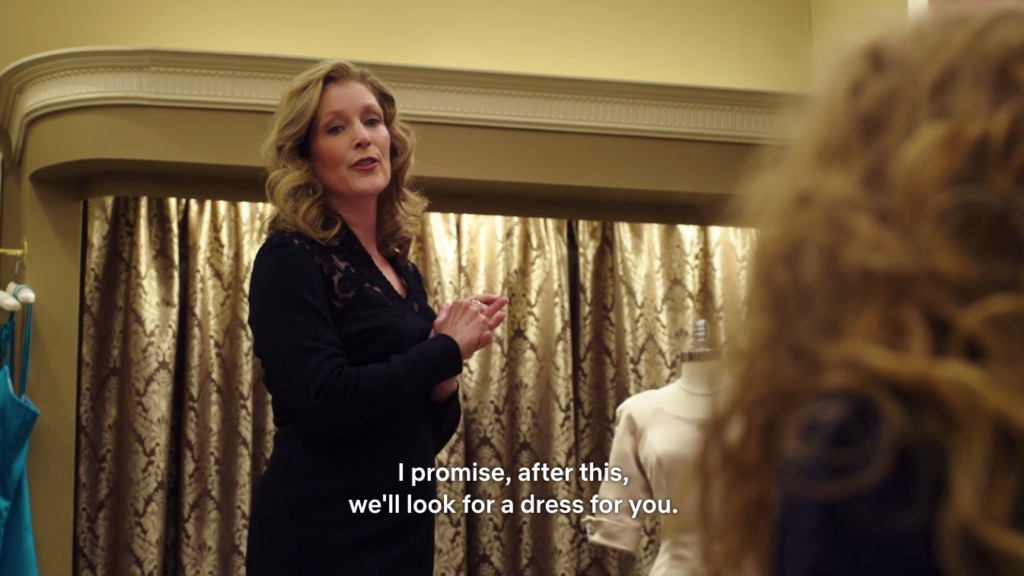
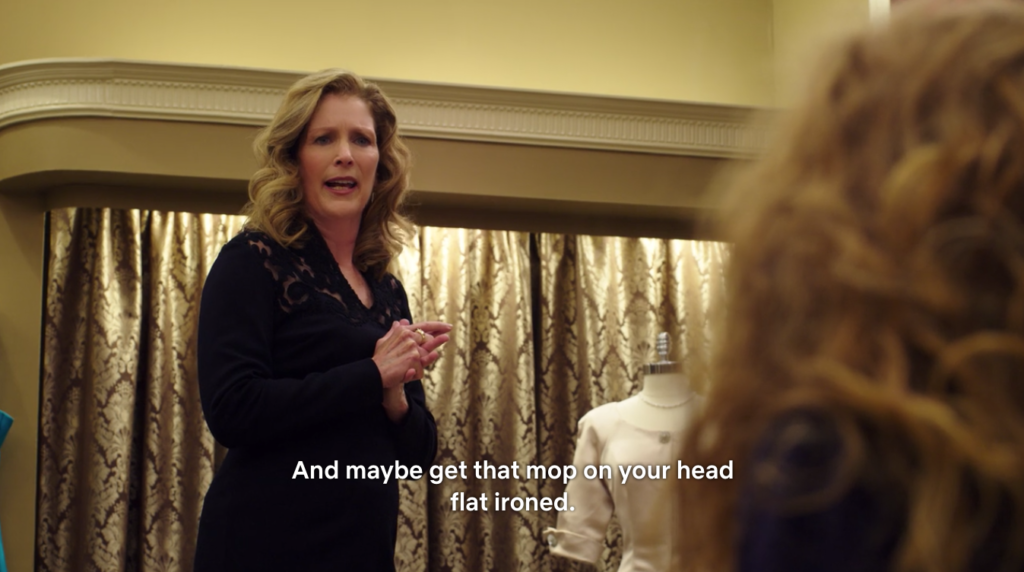
She also tries to control who Nicky thanks in her speech. Nicky’s father, we discover, is dating again after her parent’s divorce — and to someone noticeably younger than him. All this stress leads Nicky to go off-script during her speech in the synagogue.
It just so happens Nicky’s Torah portion was the story of Balaam’s Talking Ass.
“The Torah portion I read told the story of Balaam, the pagan prophet, and teaches us… Basically, he was supposed to curse the Jews because surprise, surprise, everyone always hates the Jews,” Nicky says. “That’s how I know I’m definitely Jewish. Even my own parents hate me. I mean, they love me. They’d just love me more if I wasn’t me.”
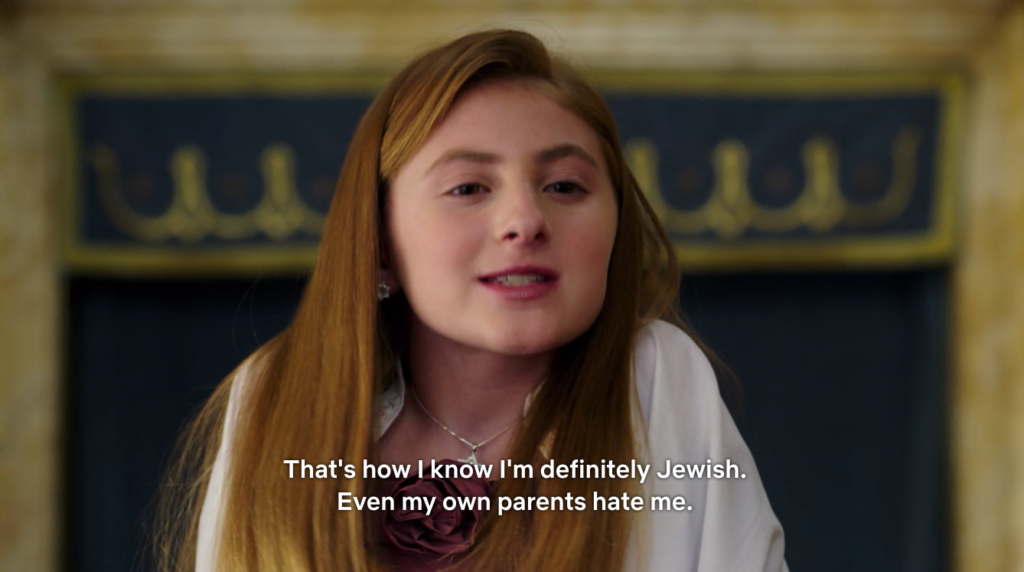
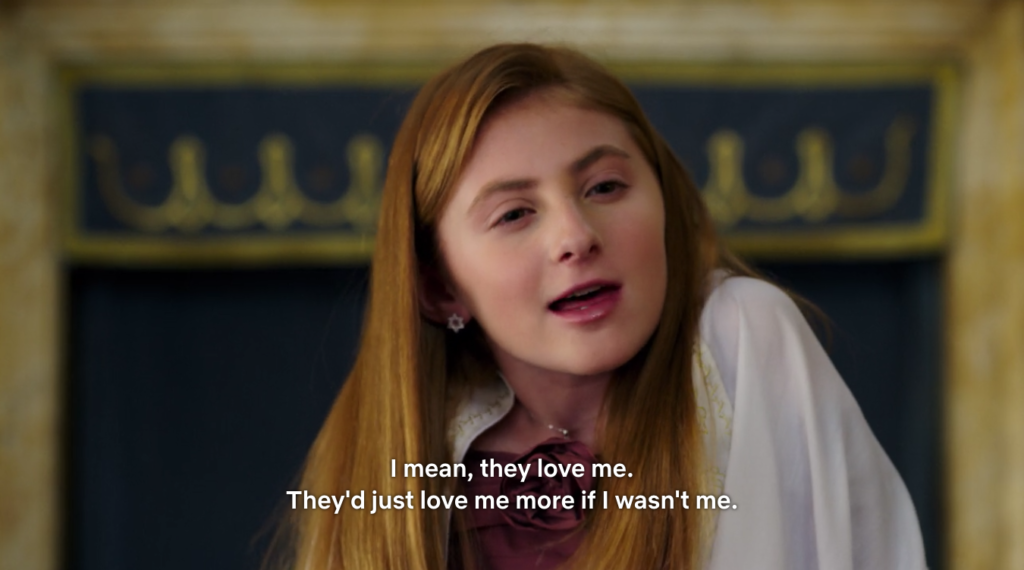
“So Balaam’s riding an ass and God sends down an angel, but only the donkey sees it, which makes Balaam whip him a bunch until he finally says, ‘Knock it off. There’s an angel there.’ So I guess the lesson is God can make a donkey talk? But what I wanna know is why did God let the donkey get whipped a bunch until he finally gave him the power of speech? I mean, whatever.”
Young Nicky didn’t stop there: “God also let six million Jews die in the Holocaust, so he might just be phoning things in at this point. You know about phoning things in, right, Dad? I mean, not with your whole career, of course. This is the first Saturday my dad hasn’t had to go to work in six years. And the custody agreement is that he has me on Saturdays. You know what I’m saying, right, Mom? Oh, you don’t? Because you never listen to me? The thing is, I actually like this Torah portion. Because I’m the ass, and I can finally talk. So here’s what I want to know: Why is it so important to God that you honor your mother and father when they really don’t give a shit about you?”
While I grew up poor and never had a proper bat mitzvah, Nicky’s flashbacks resonated with me. I, too, grew up with a stereotypically overbearing Jewish mother and a father who was never there for me in any meaningful sense of the word. My parents are also divorced and loathe speaking to each other. So this Jewish family tension hit close to home.
Nicky’s Judaism comes up again at the end of the season when she officiates the prison wedding of Piper and Alex — in a makeshift kippah and tallit.
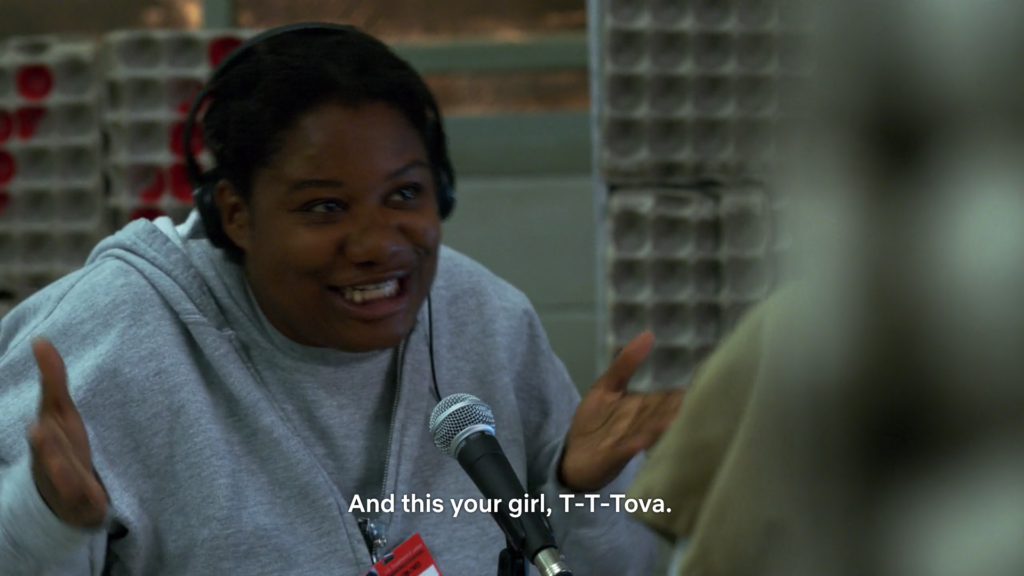
Nicky’s not the only character given the special Jewish treatment. There’s also Cindy who chooses to further embrace her Hebrew name this season. Cindy converted to Judaism in season three and took the name Tova, meaning “good.” In this season, she joins forces with another inmate, Flaca, to create a radio show, and decides to go by Tova on-air. With the lack of representation of Jews of color, it’s really awesome to see a black Jew prominently featured on such a popular show.
Last, there were some choice one-liners I couldn’t help but smile at. In one episode, after the death of Frieda’s cellmate, Suzanne tries to convince Frieda to allow her to become her new cellmate.
“It’s good to have company when you grieve,” Suzanne tells Frieda. “It’s what the Jews call a, um, a shiver.” Of course, she meant shiva. But hey, it’s the thought that counts!
When Cindy gets held overnight to testify at Taystee’s trial and fails to show up for her radio gig, Flaca talks about Cindy’s depression and back pain, saying, “Even when she is here, she’s all, ‘Wah, my guilt this, ow, my back that.’ Must be a Jewish thing.”
Though I wasn’t thrilled about the ending of the season — I’ll spare you the details for those who plan to watch — I did thoroughly enjoy these moments of Jewish representation. Especially when other shows continue to only use Judaism as a punchline, seeing Judaism portrayed with nuance and authenticity in a major series is a breath of fresh air.



